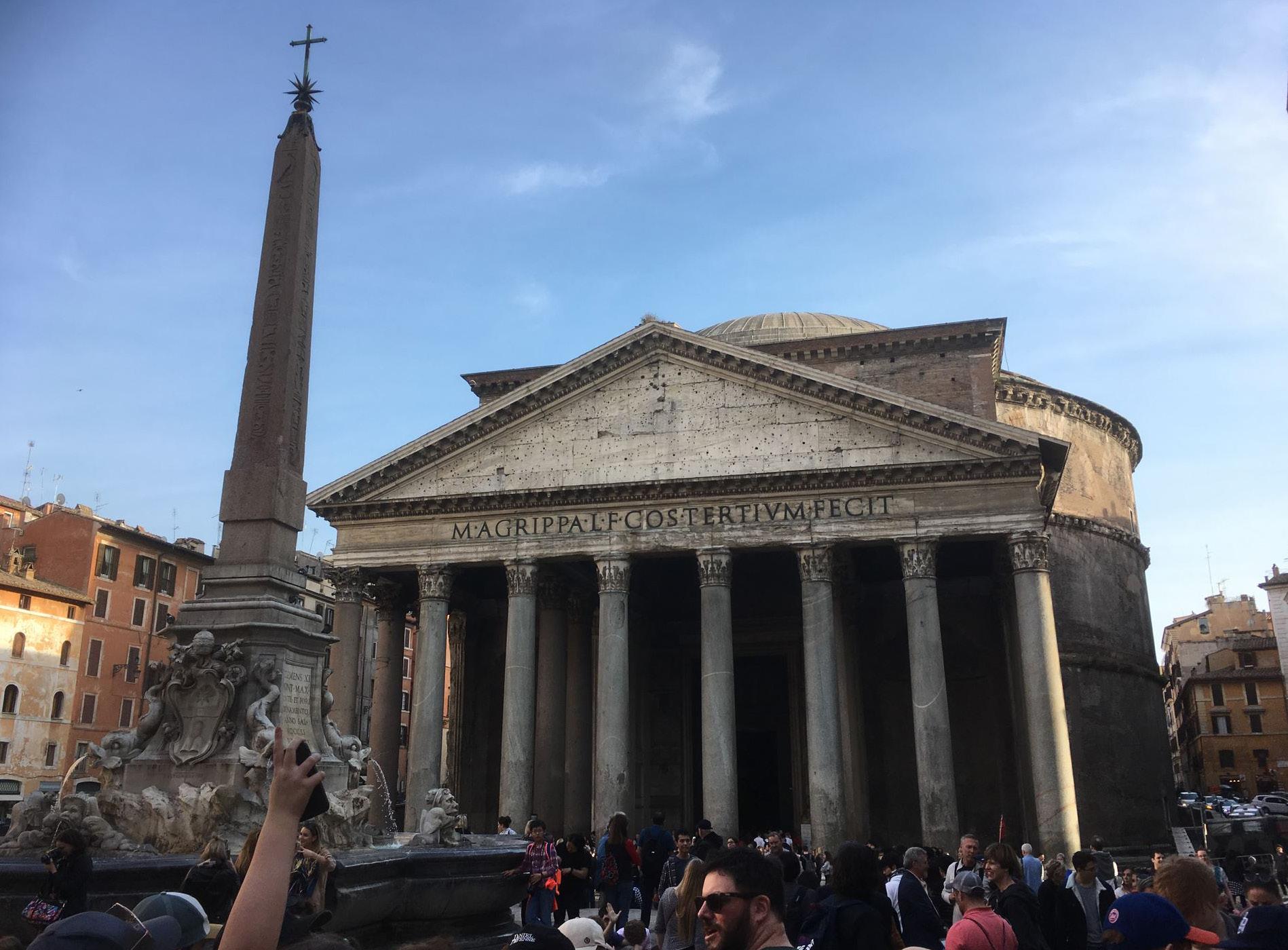
1 minute read
CLASSICAL CIVILISATION
Head of Department: Mr John Gedye
Email: jdg@barneyschool.org.uk
Advertisement
Course name: GCSE Classical Civilisation
Exam board: OCR
WHY CLASSICAL CIVILISATION?
This course is suitable for any student with an interest in history or the classical world, whether they have studied the subject before or not. The aim of the course is to provide an introduction to the classical world and its legacy through studying Greek and Roman literature and material. No previous knowledge of the subject, or of Greek and Latin, is required. An interest in history and/ or mythology will be expanded and developed further from studying this course.
The subject can significantly improve English and history skills whilst studying some fascinating ancient material. Powers of analysis and comprehension are key skills which are honed in this two-year course.
Expressing your own judgements in a clear, concise and logical manner is vital in many aspects of life.
GCSE students benefit from opportunities and trips outside the classroom, an annual trip to the British Museum and a biennial trip abroad are put on.
In 2023, we will take a trip to Greece to visit the classical sites of Athens, Delphi, Olympia, Mycenae and Corinth. In 2025, we aim to take a trip to Italy, to visit the classical sites of Rome and the Bay of Naples.
SYLLABUS CONTENT:
Unit 1: Myth and Religion in the Ancient World
In each topic Greek and Roman aspects are studied and compared; The Gods, Hercules, Temples, Foundation Stories, Festivals, Myth and Symbols of Power, Death and Burial, Journeying to the Underworld
Unit 2: The Homeric World
A study of five chapters of Homer’s Odyssey (the story of Odysseus’ journey home from the Trojan War).
A study of the ancient sites and culture of the Bronze Age – Mycenae and Troy.
ASSESSMENT:
Each unit is worth 50% of the GCSE. There are two exams: Each lasts 90 minutes.
Questions are based round extracts or images of ancient sources.
There is no coursework element.







